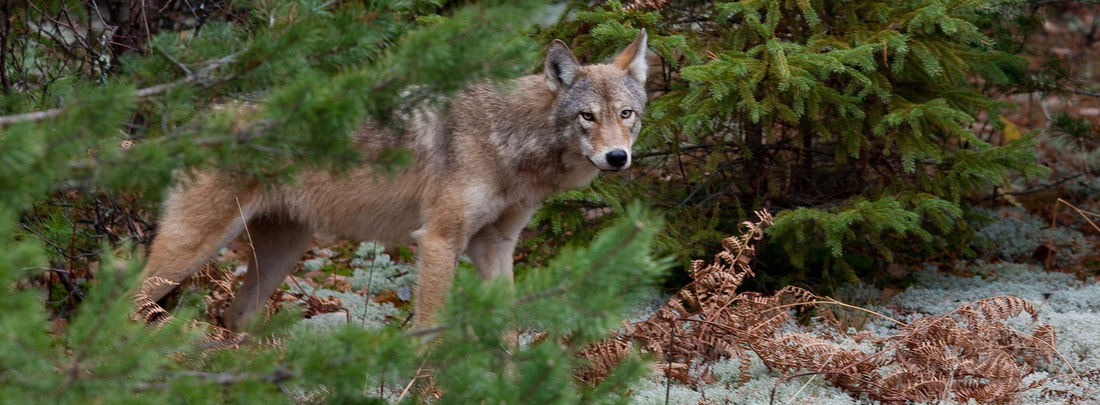Photo Credit: michael Runtz
About Me
I am a molecular ecologist with a research focus on ecological, environmental, and ancient genomics.
I am a Research Scientist at the Hakai Institute and an Adjunct Professor in Forestry and Conservation at the University of British Columbia in Vancouver BC and in Environmental & Life Sciences (ENLS) at Trent University in Peterborough ON. I am passionate about science and education and I have worked in the field of ecological genetics and wildlife conservation for over 15 years.
I work with partners in academia, government, and non-governmental organizations in Canada and the United States to understand how environmental factors, including human influences, shape ecosystems and the evolutionary trajectory of wildlife. My interest is in applying genomics tools, in combination with traditional ecological approaches and community knowledge, to answer questions that will help inform and shape conservation policy. My most recent work uses metabarcoding of environmental DNA (eDNA) to understand dietary niches of caribou and to assess community biodiversity in aquatic ecosystems.
The bulk of my previous research has focussed on how ancient, historical, and contemporary hybridization alters evolutionary trajectories and leads to contemporary evolution of species. Much of my work has been on Canis species and in particular Eastern (aka Algonquin) Wolves (Canis lycaon), a threatened species in Ontario and Canada. In 2012, I founded the Eastern Wolf Survey, a research project focussed on non-invasively tracking Eastern Wolves across southern Ontario and beyond.
Check out my research page to find out more about my research.
Check out my teaching page to find out more about my teaching.
I am a Research Scientist at the Hakai Institute and an Adjunct Professor in Forestry and Conservation at the University of British Columbia in Vancouver BC and in Environmental & Life Sciences (ENLS) at Trent University in Peterborough ON. I am passionate about science and education and I have worked in the field of ecological genetics and wildlife conservation for over 15 years.
I work with partners in academia, government, and non-governmental organizations in Canada and the United States to understand how environmental factors, including human influences, shape ecosystems and the evolutionary trajectory of wildlife. My interest is in applying genomics tools, in combination with traditional ecological approaches and community knowledge, to answer questions that will help inform and shape conservation policy. My most recent work uses metabarcoding of environmental DNA (eDNA) to understand dietary niches of caribou and to assess community biodiversity in aquatic ecosystems.
The bulk of my previous research has focussed on how ancient, historical, and contemporary hybridization alters evolutionary trajectories and leads to contemporary evolution of species. Much of my work has been on Canis species and in particular Eastern (aka Algonquin) Wolves (Canis lycaon), a threatened species in Ontario and Canada. In 2012, I founded the Eastern Wolf Survey, a research project focussed on non-invasively tracking Eastern Wolves across southern Ontario and beyond.
Check out my research page to find out more about my research.
Check out my teaching page to find out more about my teaching.
